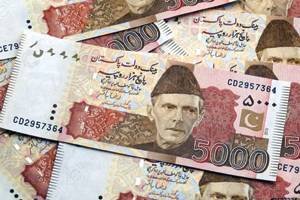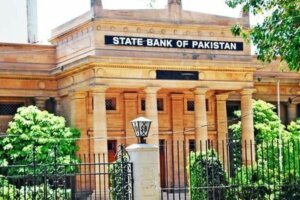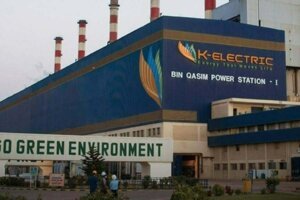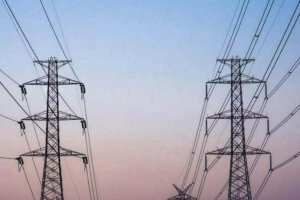The Sindh government aims to boost agriculture productivity this financial year through a special project funded by the World Bank. Zulfiqar Mangrio, Additional Director of the Sindh Agriculture Department, mentioned that Phase-I of the Sindh Irrigated Agriculture Productivity Enhancement Programme was completed successfully with a budget of Rs6.12 billion. Now, they plan to improve productivity even more this year.
Mangrio highlighted that the agriculture sector in Sindh has faced challenges in recent years, especially after the devastating floods in 2022. These floods affected 70% of the province, destroyed or damaged over 2 million homes, and left 12 million people homeless, many of whom are farmers. The floods also destroyed over 8,400 kilometers of roads, making it hard for farmers to get their products to market. Around 80% of the standing crops were lost due to the heavy rains and floods.
In response, the Sindh government raised the minimum support price of wheat from Rs2,200 per 40kg (2021-22) to Rs4,000 per 40kg (2022-23) to support farmers. They also provided Rs3.447 billion to 147,446 farmers through the Benazir Income Support Programme to reimburse wheat seed costs. Despite these efforts, many people affected by the floods still need help to fully recover.
Mujtaba Syed, Director of the Finance Section, said that the budget for the irrigation sector is Rs35.9 billion this year, up from Rs25.7 billion last year, a 40% increase. The agriculture sector’s budget also increased significantly to Rs30.7 billion from Rs18.9 billion last year, a 62% increase, showing the government’s strong commitment to supporting farmers.
He noted that 56% of rural households in Sindh rely on agriculture for their income, either directly or indirectly. Poor households in rural Sindh have few assets and small land holdings, so they depend heavily on agricultural labor. Public services play a crucial role in rural Sindh, with little involvement from the private sector. Therefore, improving public services and stimulating rural growth are essential for reducing poverty in the region.










